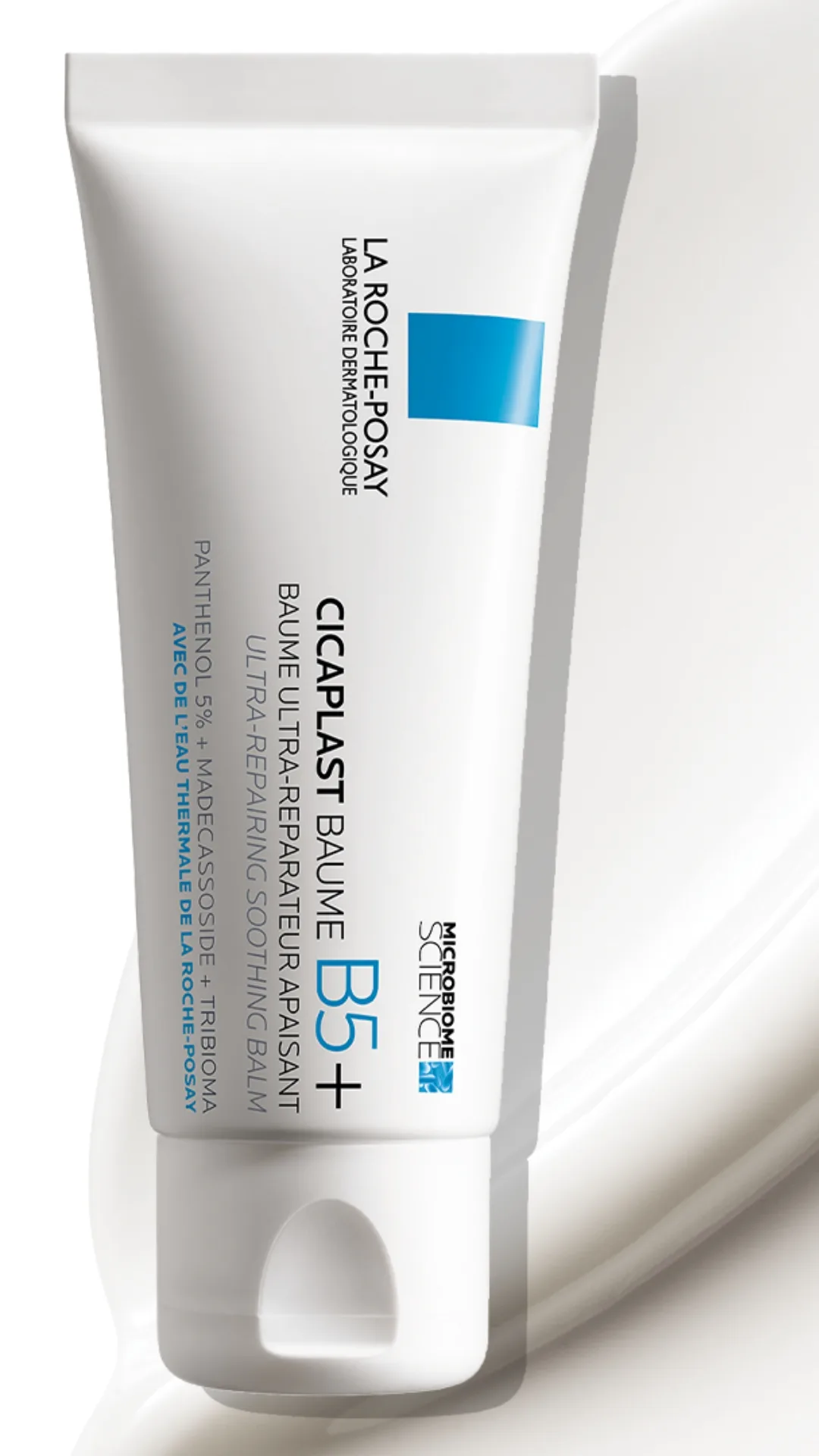Dry and sensitive skin is a lot more than an inconvenience. It’s a constant struggle with a tight, reactive dermis, or a complexion that easily reddens, becomes crepey and even prematurely lined. In some people, it might even begin to sting and become quite painful.
Hydration is key, but getting to the source of the issue is crucial. Here, we look at some of the common culprits behind dry and sensitive skin, as well as some simple solutions that go beyond basic moisturising.
Understanding Dry And Sensitive Skin
There are multiple culprits at play, and your issues could be the result of one or a few combined.
Firstly, dry skin could be genetic — if your parents have naturally dry skin, it’s likely you will as well. It can also be down to factors such as hormones, environmental aggressors like heating and air conditioning, wind, swimming in salt or chlorinated water, and even your daily habits.
Sensitive skin can be something that you’re born with, but typically the term refers to skin that reacts easily to environmental triggers, which causes tightness and discomfort, itching, redness and irritation.
The key to managing both lies in firstly determining what is causing your issues. If it’s not immediately clear to you, you might wish to see a dermatologist to discover exactly what it is that is causing your issues. From there, you can make adjustments to help your skin come back into balance. You’ll also need a comprehensive skincare routine that addresses hydration, protection and of course, repair.

Hydrate, Hydrate, Hydrate
The obvious way to quench thirsty skin is with consistent hydration. This means internally and externally — drinking plenty of water is essential, as is eating foods rich in Omega 3 fatty acids, like avocado and salmon. Reach for plenty of fresh veggies and fruit, too. They’re not only packed with fibre and nutrients, but have a high water content.
Team internal hydration with skincare that truly locks moisture into your skin. Ensure your twice daily cleansing doesn’t strip skin of naturally occurring oils, rather, adds hydration while it melts away make-up and cellular waste.
Try La Roche-Posay Toleriane Caring Hydrating Cleanser, to gently cleanse without stripping your skin’s natural oils. This luxe, but affordable, formula contains anti-discomfort and anti-dryness properties, protecting your skin as it gently whisks away impurities.

Follow with a rich, nourishing balm that hydrates and protects, like La Roche-Posay Cicaplast Baume B5+. This versatile balm aims to repair, soothe, and protect sensitive skin with a unique blend of Vitamin B5, Madecassoside (a potent, water-soluble antioxidant) and the innovative Tribioma prebiotic complex, which supports skin’s microbiome as it provides deep hydration and reduces redness.
No matter what the weather, always finish with a broad-spectrum, maximum SPF sunscreen to protect against UV damage. Try La Roche Posay Anthelios Invisible Fluid Sunscreen SPF50+. It’s a simple, but effective sunscreen that delivers maximum protection to the face, neck and decolletage. Swiftly absorbed, it leaves no white traces and even makes a great base for makeup.
Lifestyle Tips For Balanced, Healthy Skin
Beautiful skin is the result of what you put on it, and importantly, how you treat it every day.
Simple changes, like showering in lukewarm (never hot) water, enjoying a balanced diet rich in essential fatty acids, fibre, protein and water-rich foods, and managing stress levels, can really help.
Keep the air in your home humidified, especially in winter or if your air conditioner is cranking, to prevent your skin from drying out even more.
Watch your sleep, too. Ensure you’re getting enough quality sleep and check your bedlinen. You might wish to swap to a silk or satin pillowcase, which can ensure your skin only comes into contact with non-irritating fabrics while you sleep.

 Getty
Getty



